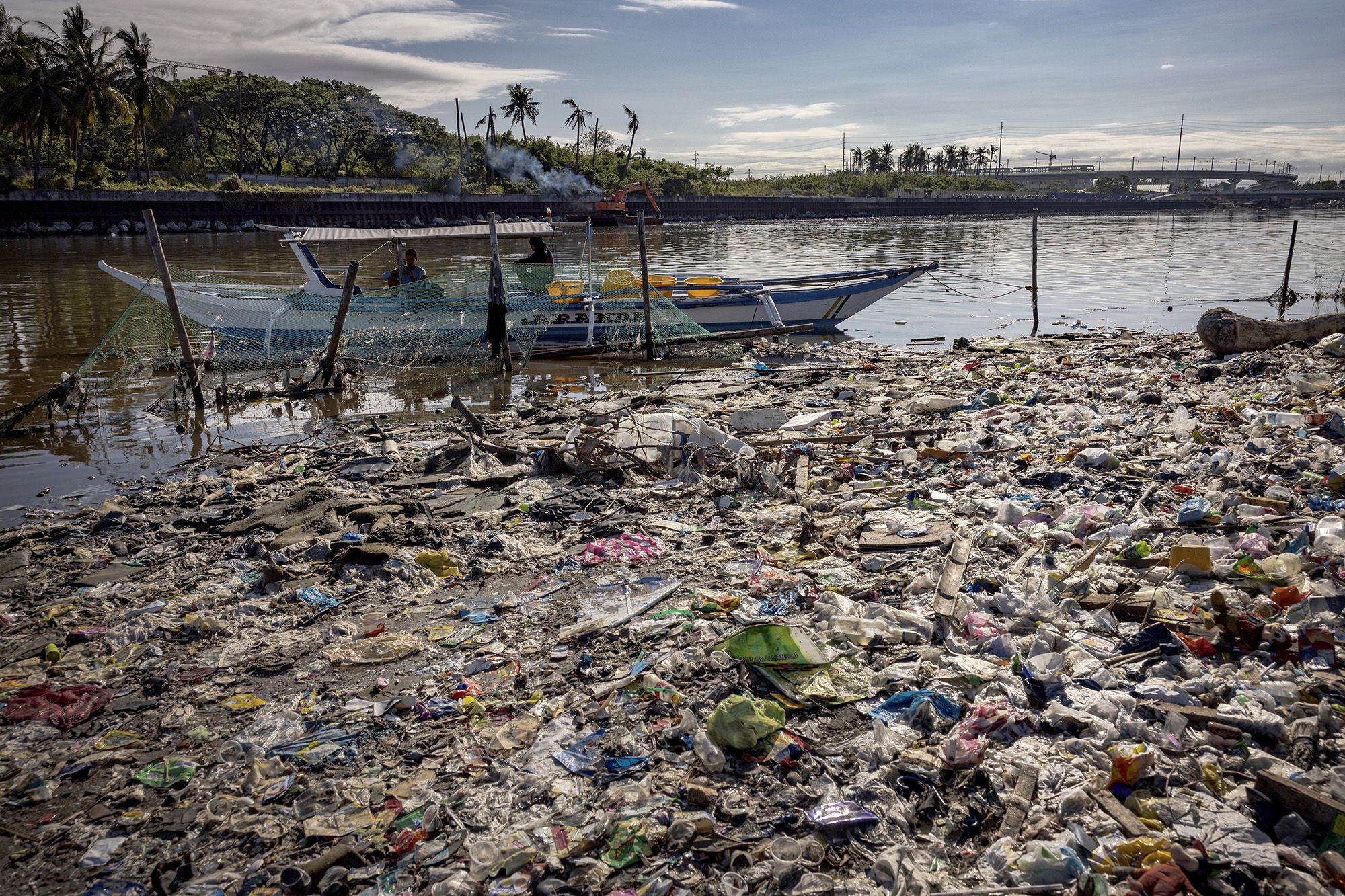
The United Nations completed a round of negotiations on a treaty to end plastic pollution and made more progress than in the previous three meetings.
Arriving in Ottawa, many feared that efforts to develop the first legally binding treaty on plastic pollution , including in the oceans, would bog down. The last meeting had been marred by disagreements and much remained to be done.
But instead there was a “monumental shift in tone and energy ,” said Julie Dabrusin, Canada’s parliamentary secretary.
This was the fourth session of the intergovernmental negotiating committee on plastic pollution. For the first time, countries have begun negotiating the text of what is intended to become a global treaty . They agreed to continue their work until the committee’s next and final meeting, which will be held in the fall in South Korea .
“We are working towards a world where plastic waste is no longer omnipresent in our ecosystems ,” Jyoti Mathur-Filipp, executive secretary of the committee, said in an interview. “The energy is there, the will is there and I know we will have an instrument by the end of the year.”
In Ottawa, discussions moved from the exchange of ideas to the negotiation of treaty language. “Finally,” declared Santos Virgílio, Angola’s chief negotiator. Time was wasted in previous meetings, Mr. Virgílio said.
“It’s important, because we’ve been going around in circles during these sessions without showing any direction ,” he said in an interview. “But at least now people are showing they have goodwill.”
The idea of limiting the amount of plastic produced worldwide is the most controversial. Currently, this idea remains in the text, despite strong objections from plastic-producing countries and companies and oil and gas exporters. Most plastics are made from fossil fuels and chemicals.
Graham Forbes , head of the Greenpeace delegation in Ottawa, said that massively reducing plastic production is the most important step the treaty can take, because it is impossible to end plastic pollution otherwise.
Plastic production continues to increase globally and is expected to double or triple by 2050 if nothing changes. Plastic producers and chemical companies want a treaty that focuses on plastic recycling and reuse, sometimes called “circularity” .
Workgroups
Negotiators agreed to continue working on the treaty in the coming months. Working groups of experts will gather information and knowledge that will feed into negotiations at the final meeting to be held in South Korea in the fall.
Without this preparation work between meetings, it would have been difficult to complete the negotiations this year.
The topics they will work on between sessions are an indication of their priorities for the final round of negotiations . Plastic production will not be the focus of the working groups. Instead, they will look at funding for treaty implementation, assessing chemicals of concern in plastic products, and how products are designed.
Environmental groups have expressed frustration that production cuts will not be part of the work between now and the fall meeting.
Trash pickers have been on the front lines of trying to solve the problem of plastic pollution for decades, said John Chweya, a 33-year-old trash picker who represents Kenya’s trash pickers.
They collect, sort, recycle and sell plastics that would otherwise pile up or be burned. They are exposed to hazardous materials and can suffer from respiratory illnesses, skin infections and other illnesses. They want a treaty that recognizes the role they play and helps waste pickers find safer jobs.
“We have given our lives to this problem that this treaty is trying to solve,” Mr. Chweya said.
In Malawi, Tiwonge Mzumara-Gawa sees plastic bags littering land where goats and cows graze, and people burning trash behind their homes because there is no waste collection. She believes it will take a global agreement for the national government to do more to tackle plastic pollution. Ms Mzumara-Gawa is a campaigner for the Christian charity Tearfund.
Frankie Orona explained to negotiators that their decisions affected people’s lives and health. Indigenous people’s land, water and air are contaminated by fossil fuel extraction and plastic manufacturing using dangerous chemicals, said Frankie Orona, executive director of the Society of Native Nations. based in Texas.
“We are here to make sure our voices are heard ,” he said. “Our communities have been disproportionately impacted for decades, whether it’s Indigenous, Black or Brown communities.”
Deadline for treaty
They plan to finish negotiations in South Korea so the treaty can be adopted next year at a diplomatic conference. This is an extremely short time frame for negotiations, intended to address the urgency of the issue.
Canada’s Dabrusin said she was more hopeful than ever that an ambitious treaty to end plastic pollution would be adopted on schedule. Over the past week, many people have reached out to him with their wishes, from businesses and environmentalists to trash pickers and residents of communities littered with plastic.
“We hear many voices coming together,” she said. “It’s a magnificent moment when we can see this synergy, whether economic, environmental or health. And this is the moment we are currently experiencing.”
